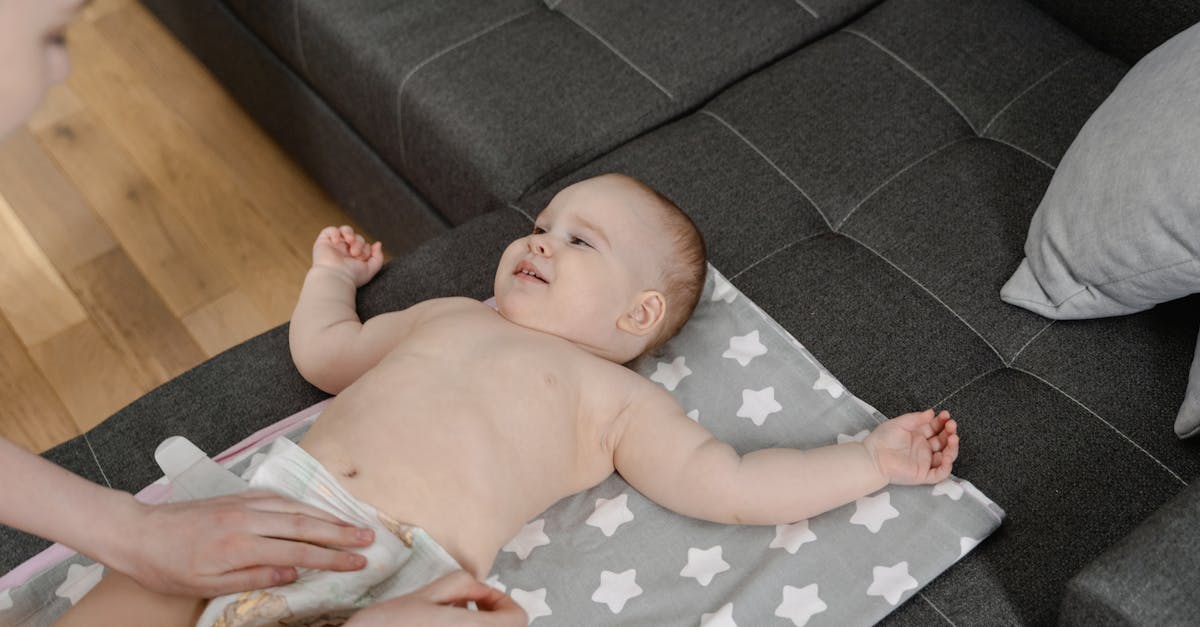The Power of Example: Parents as Role Models
Navigating the choppy waters of preschool social interactions isn’t for the faint-hearted. Here’s a secret: the key to teaching little ones about forgiveness and reconciliation lies in being a glowing example. Sounds daunting? Absolutely. But remember, modeling positive behavior is more impactful than a dozen lectures on sharing and caring. When you apologize to a partner for losing your cool or thank your little one for waiting patiently, you’re showcasing the very essence of empathy and eloquence in conflict resolution. It’s like being a superhero, but instead of a cape, you have unlimited hugs and patience.

By demonstrating positive behavior and emotional intelligence, parents can lay a strong foundation for their children to emulate. Remember, actions often speak louder than words, especially in the world of little eyes observing your every move.
Interpreting Feelings: The Emotional Compass
Ever tried deciphering the emotional outburst of a preschooler? It’s like being an archaeologist, but instead of discovering relics, you uncover a spectrum of feelings from sadness to anger. Teaching kids to identify and express their emotions paves the way for meaningful forgiveness and reconciliation.
Introduce the ‘feeling faces chart’ at home. It’s a simple tool that encourages kids to point out what they’re feeling, transforming abstract emotions into something tangible. Plus, it’s a great opportunity to bond and learn together, proving that every meltdown is a chance to grow emotionally.

The Art of Apology: Saying Sorry Like You Mean It
Apologizing is an art form that many adults struggle with, so imagine the challenge for preschoolers. The trick? Make it simple and sincere. Teach them that a heartfelt ‘I’m sorry’ is just the beginning. Explain the importance of making amends—whether it’s fixing a broken toy or drawing a ‘sorry’ card. Share personal anecdotes of your own apologies to illustrate that everyone makes mistakes, but it’s how we fix them that counts. Infuse humor to keep the lessons light-hearted. Remember, teaching the art of apology is essentially giving your child the gift of empathy.

Reconciliation in Action: Playful Solutions
Kids learn best through play, and what better way to teach forgiveness than through fun and games? Organize activities where teamwork and cooperation are key. Think of ‘forgiveness tag,’ where saying ‘I forgive you‘ frees teammates, or a board game night emphasizing turn-taking and sportsmanship. These playful approaches not only lighten the mood but also embed valuable life lessons in the most delightful way. Share laughter and joy, reinforcing that friendships are worth every effort of reconciliation. After all, the best friendships often have a few bumps along the way.

Embrace a colorful and engaging approach to teach kids about important values like forgiveness and reconciliation. Make learning fun and memorable!
Encouraging Words: The Language of Forgiveness
Words have the power to heal or hurt, so why not arm our little ones with the language of forgiveness? Encourage phrases like ‘I understand,’ ‘It’s okay,’ and ‘Let’s try again.’ These simple sentences hold immense power in mending bridges and fostering a culture of empathy and understanding within the family unit.
Celebrate moments of reconciliation with positive reinforcement. Share stories of forgiveness from your childhood or from beloved children’s books, highlighting the moral and emotional growth that comes from forgiveness. Ultimately, fostering an environment where forgiveness is freely given and warmly received paves the path for a loving and supportive home life.

